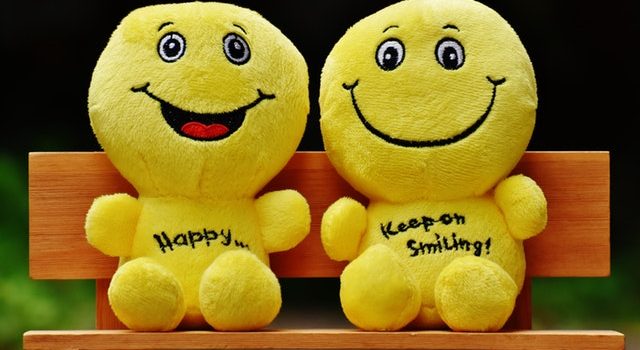Our application has a clear goal with an obvious benefit; using an app to match people to others who share interests in a quick and easy fashion is a great benefit to those wishing to meet people to practice hobbies with. However, there are some additional benefits to be gained from hobbies and recreational leisure time which go beyond the simple enjoyment of a pastime.
Studies into stress reveal that there is a relationship between the management of university responsibilities and increased stress levels in students. This will come as no surprise to those of us who have studied at university, however, the same studies also reveal that stressors can illicit different responses in students. This is due to the individual experiences of the student, meaning what could be a manageable situation for one person could turn into a nightmare for others. As such, it is clear that not all students experience what are typically perceived as stressful situations in the same way. One such example of this could be the preference of exams over coursework, and vice versa. An academic assessment may be pervasively experienced by all as a stressful scenario, however, it may be better or worse for some due to the format which the assessment takes.
It is clear that university students carry a considerable weight from stress and the potential for mental illness problems as a result of their academic engagement. Our app helps to bring people together for recreational purposes and in doing so will increase students’ social activities in a way which goes beyond more stereotypical university socials, which in turn due to the frequent involvement of alcohol and drugs can exacerbate mental health problems and financial woes. Evidence suggests that the link between mental and physical health benefits are clear; recreational exercise not only improves physical health, fending off a number of medical conditions, such as diabetes and heart disease, but the increase in social activity through sports and leisure activities can have a startling impact on improving mood, self perception, anxiety and sleep problems.
Dwyer, A.L. and Cummings, A.L. 2001. Stress, Self-Efficacy, Social Support, and Coping Strategies in University Students. Canadian Journal of Counselling , p. 13.
Hull, D.D. 2012. The relationship between physical activity and mental health: a summary of evidence and policy. Northern Ireland Assembly , p. 22.

